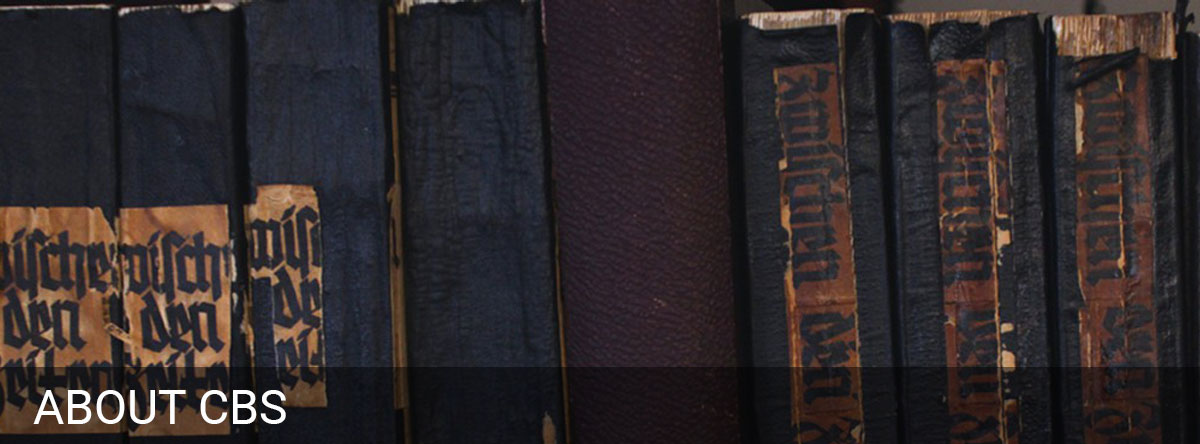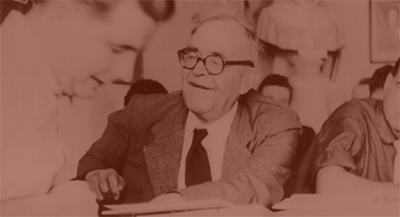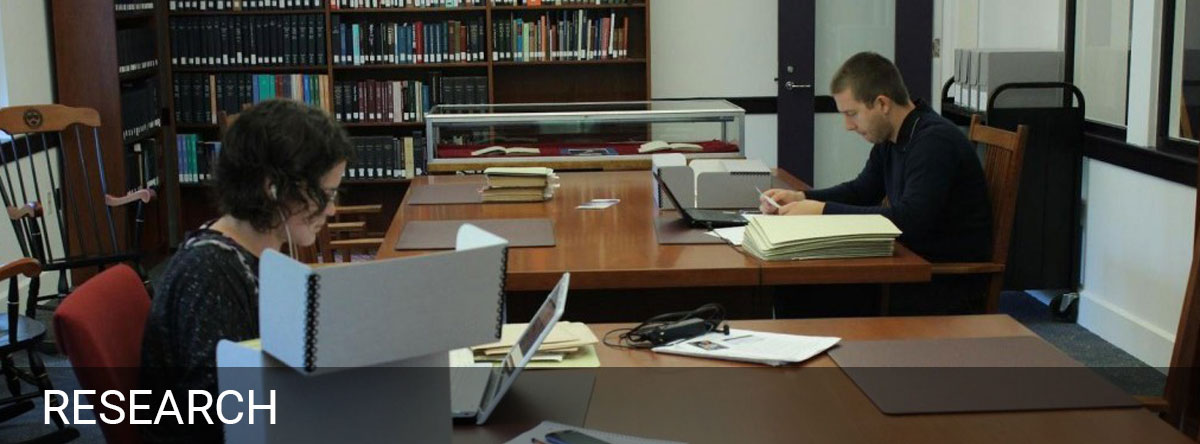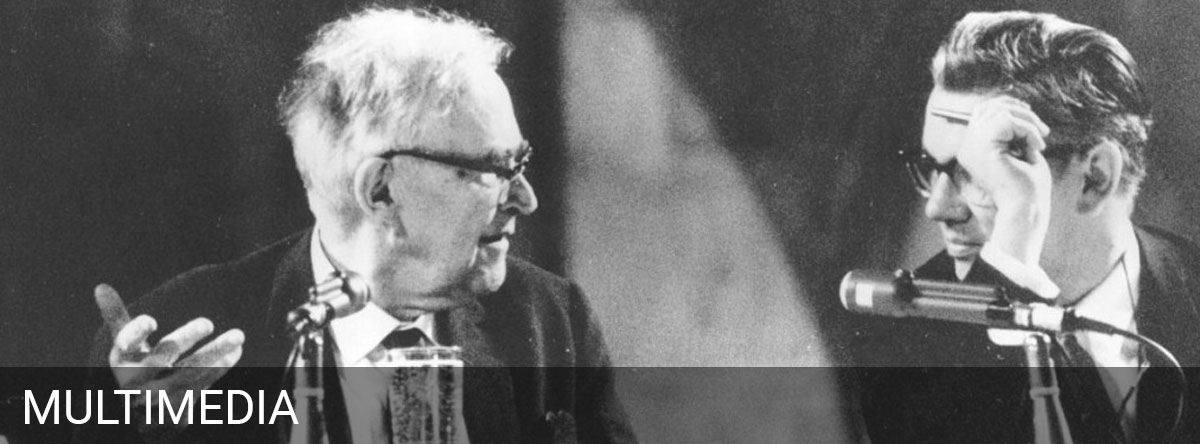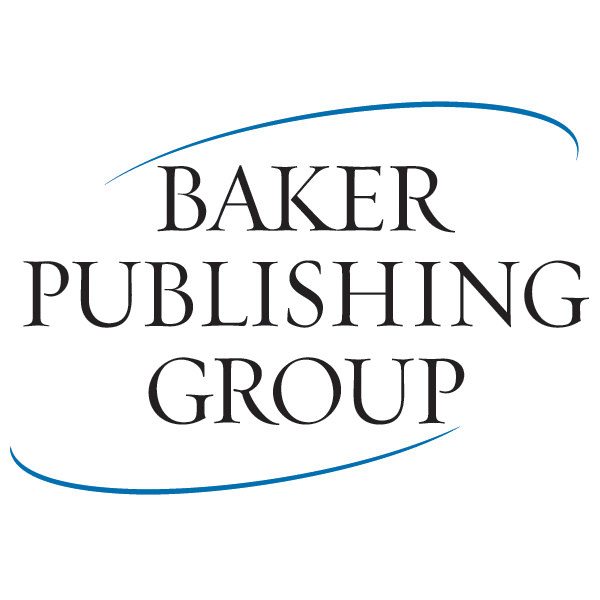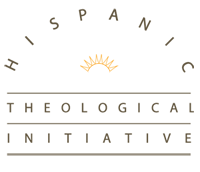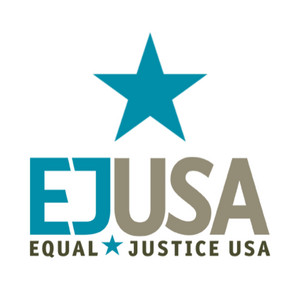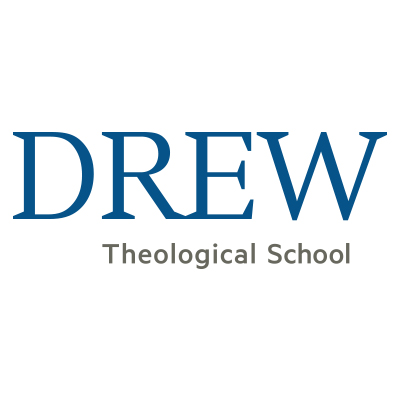
The Incarcerated God
Thinking with and beyond Barth on the Prison System
2025 Barth Conference
June 15 – 18, 2025
Hybrid Event at Princeton Theological Seminary
About this Conference
The 2025 Karl Barth Conference on June 15–18 will explore the theme “The Incarcerated God: Thinking with and Beyond Barth on the Prison System,” co-organized by the Center for Barth Studies at Princeton Theological Seminary, the Prison Studies Program at Duke Divinity School, the Calvin Prison Initiative at Calvin College, and the Partnership for Religion and Education in Prisons (PREP) at Drew Theological School. This year’s conference will examine Karl Barth’s theological insights in relation to incarceration, justice, and liberation, fostering a critical and constructive dialogue on addressing systemic oppression. A diverse lineup of speakers will reflect on Barth’s relevance to contemporary discussions on incarceration and offer theological perspectives on Christian witness in relation to incarcerated persons. Join us for this thought-provoking event centered on theology, justice, and hope.
Date: June 15 – 18, 2025
Style: Hybrid attendance options (in-person and virtual)
Cost: Regular In-person – $269; Student In-person – $99; Virtual – $12.99
In-person registration costs for regular and student attendees includes breakfast, lunch, and two refreshment breaks on Monday, Tuesday, and Wednesday during the conference.
We want to make this conference accessible to as many people as possible, regardless of your income. If you can not afford the listed fees to attend, please email us at barth.center@ptsem.edu for a discount code.
Conference Schedule
- 4:30 PM – 6:30 PM: Registration
- 6:00 PM – 8:00 PM: Opening Session
- 8:00 PM – 9:00 PM: Reception
- 8:00 AM – 9:00 AM: Breakfast
- 9:00 AM – 10:00 AM: Session #1
- 10:00 AM – 11:00 AM: Break
- 11:00 AM – 12:00 PM: Teaching Track
- 12:00 PM – 1:00 PM: Lunch
- 1:00 PM – 2:00 PM: Session #2
- 2:00 PM – 3:00 PM: Concurrent Papers
- 3:00 PM – 4:00 PM: Discussion Groups
- 4:00 PM – 5:00 PM: Break
- 5:00 PM – 7:00 PM: Evening Event
- 8:00 AM – 9:00 AM: Breakfast
- 9:00 AM – 10:00 AM: Session #4
- 10:00 AM – 11:00 AM: Break
- 11:00 AM – 12:00 PM: Teaching Track
- 12:00 PM – 1:00 PM: Lunch
- 1:00 PM – 2:00 PM: Session #5
- 2:00 PM – 3:00 PM: Concurrent Sessions
- 4:00 PM – 5:00 PM: Discussion Groups
- 5:00 PM – 6:00 PM: Break
- 6:00 PM – 7:00 PM: Dinner
- 7:00 PM – 9:00 PM: Evening Event
- 8:00 AM – 9:00 AM: Breakfast
- 9:00 AM – 10:00 AM: Plenary Lecture #6
- 10:00 AM – 11:00 AM: Break
- 11:00 AM – 12:00 PM: Teaching Track
- 12:00 PM – 1:00 PM: Lunch
- 1:00 PM – 2:00 PM: Plenary Lecture #7
- 2:00 PM – 3:00 PM: Concurrent Sessions
- 3:00 PM – 4:00 PM: Discussion Groups
- 4:00 PM – 5:00 PM: Closing Remarks
Thank You to Our Sponsors
Speakers
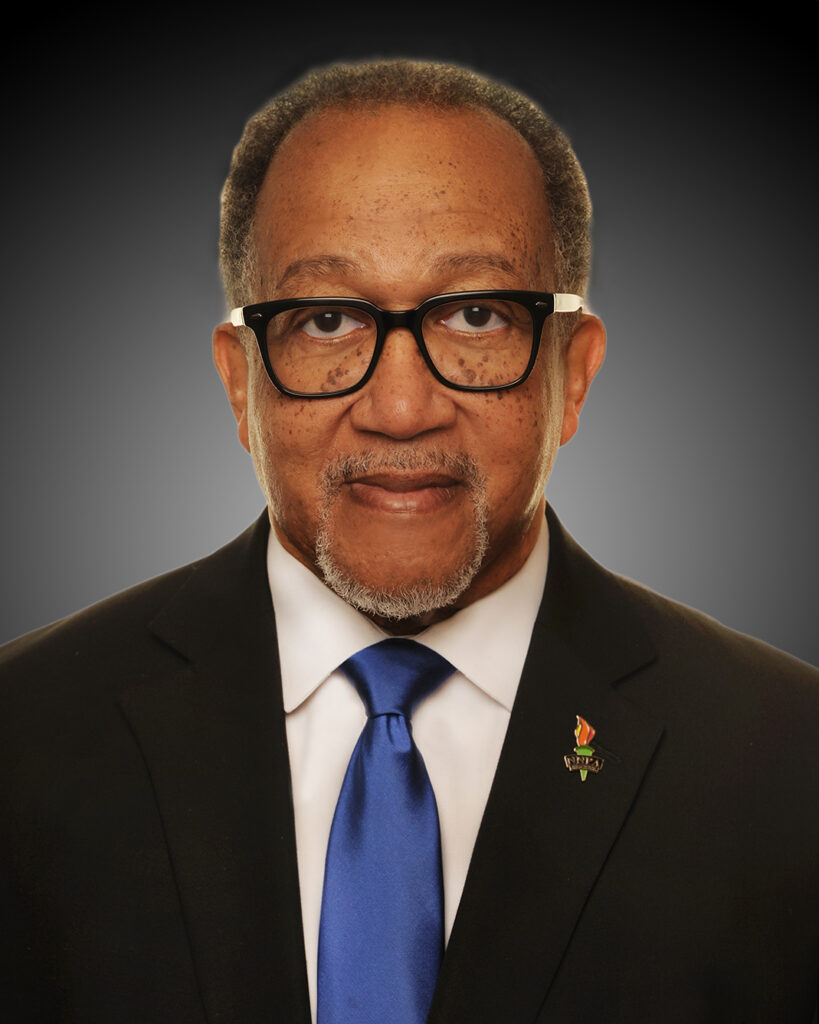

Benjamin F. Chavis
Reverend Dr. Benjamin F. Chavis, Jr. is an entrepreneur, global business leader, educator, chemist, civil rights leader, NAACP Life Member, syndicated columnist, theologian, and author. He is currently the President and CEO of the National Newspaper Publishers Association (NNPA): The Black Press of America. Dr. Chavis serves on the Board of the National Association for Equal Opportunity in Higher Education (NAFEO).
A lifelong activist, Dr. Chavis overcame racial injustice and wrongful imprisonment to become a vocal leader in the civil rights movement, which pressed for equality between the races. Dr. Chavis is an ordained minister in the United Church of Christ. Dr. Chavis began his career in 1963 as a statewide youth coordinator in NC for the Reverend Dr. Martin Luther King, Jr., and the Southern Christian Leadership Conference (SCLC).
Dr. Chavis was born in 1948 in Oxford, North Carolina, into a long and distinguished line of preachers. His parents were Benjamin Chavis Sr. and Elisabeth Chavis. He grew up the only son in a family of four children. His great-great-grandfather, John Chavis, is considered to be the first black graduate of Princeton University because he graduated from a New Jersey seminary (religious school) that later became the university. John Chavis, according to Benjamin, was killed in 1838 for teaching slave children to read and write. A native of Oxford, North Carolina, Dr. Chavis received the Bachelor of Arts, BA, in Chemistry from University of North Carolina.
He even earned his Masters of Divinity, M.Div., magna cum laude, from Duke University while serving an unjust 34-year prison sentence as a member of the Wilmington 10, who Amnesty International declared political prisoners, a case that garnered international attention and was pardoned 40 years later. He also received the Doctor of Ministry, from Howard University and Doctor of Philosophy, Ph.D., in systematic theology, from Union Theological Seminary in New York.
From 1993 and 1994, Dr. Chavis served as the Executive Director and CEO of the National Association for the Advancement of Colored People (NAACP) and remains an active supporter of the NAACP. In 1995, Dr. Chavis was the National Director and organizer of the Million Man March. The 2010 theatrical release of the full-length movie Blood Done Sign My Name distributed by Paladin, directed by Jeb Stuart, starring Ricky Schroder, Nate Parker, and Lela Rochon depicts a true story from Dr. Chavis’ early days in the Civil Rights Movement during the 1960’s and 1970’s. Dr. Chavis has authored books and other publications including An American Political Prisoner Appeals for Human Rights, and Psalms from Prison. His areas of expertise include corporate diversity and inclusion, human rights, climate change, voting rights, bridging the gap between civil rights and hip-hop, and criminal justice reform.
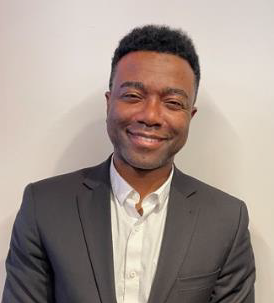
Charles Atkins

Charles Atkins
While serving as the Associate Minister for Youth Ministry and Missions at the Shiloh Baptist Church in Trenton, NJ, and as the Supervisor Chaplain at Garden State Youth Correctional Facility of the NJ Department of Corrections, Dr. Atkins was able to receive his doctorate in practical theology from the Université de Montréal in Canada. A graduate of Princeton Theological Seminary, he is the author of The Word Confined: Bible Study in an American Prison (Nova Science, 2020).
After the arrival of the COVID-19 global pandemic, Dr. Atkins retired from prison chaplaincy and by the grace of God turned his attention toward helping Black churches adjust their ministries for the pandemic era and toward helping formerly incarcerated people to reintegrate into society. His interest in how Black churches can continue to minister to God’s people in the pandemic era has been centered at the First Baptist Church of Langhorne, Pennsylvania, where he serves as Pastor.
Dr. Atkins’ desire to help returning citizens has found expression through his work as founder and principal researcher of XL Endeavors (http://XtraLenz.com), which uses educational, small business development and artistic platforms to develop human capacities. XL Endeavors has helped him to encourage and empower people who have been incarcerated, while providing institutions with the tools and resources to successfully reintegrate returning citizens to their communities.

Chris Boesel

Chris Boesel
Chris Boesel is associate professor of Christian theology at Drew Theological School in Madison, New Jersey. His primary research interest is in confessional Christian faith and theology as resource for liberationist visions and commitments. He is the author of Reading Karl Barth (Cascade, 2023) and In Kierkegaard’s Garden with the Poppy Blooms (Lexington/Fortress Academic, 2021).

Douglas Campbell

Douglas Campbell
Douglas Campbell is a Professor of New Testament at the Divinity School at Duke University, where he has co-directed the Prison Program since 2009. He also now co-directs the Prison Engagement Initiative at the Kenan Institute for Ethics at Duke University. He is trained in restorative practices that address harm in an alternative way to current, predominantly punitive, responses. He lectures and publishes on the connections between biblical interpretation, theological paradigms, human affects and emotions, and the advocacy of punishment and incarceration. He has led a retraining program for correctional officers in U.S. Marshals and ICE facilities in Texas and New Mexico. He and his spouse have been personally involved in prison visitation and prisoner support since 2005.
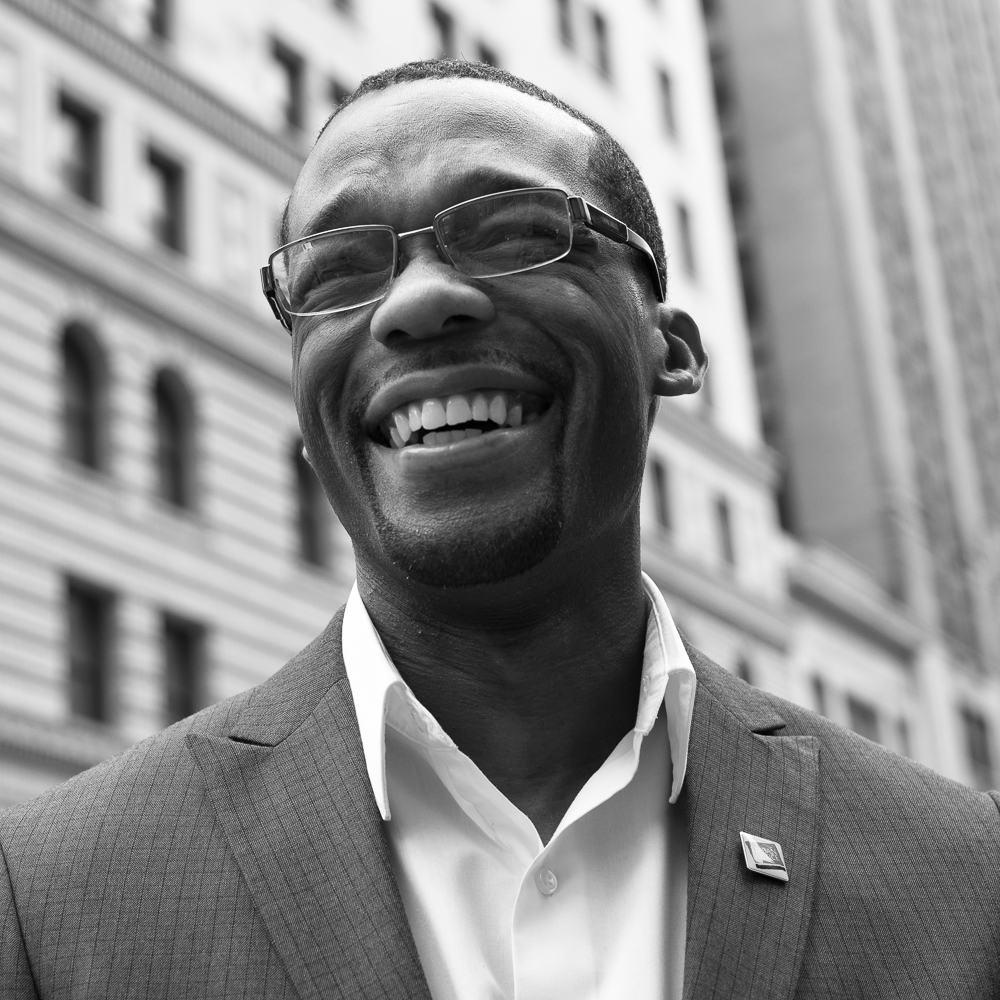
Johnny Perez

Johnny Perez
Johnny Perez is the Director of the National Religious Campaign Against Torture’s U.S. Prisons Program. Johnny is a highly accomplished criminal justice reform advocate, public speaker, and thought leader in the field of ending torture and inhumane treatment in the U.S. prison system. As the Director of NRCAT’s U.S. Prisons Program, he champions an end to solitary confinement and equips faith communities and affected individuals to engage in education and legislative changes nationwide. Johnny represents NRCAT in several collaborative efforts with other organizations, including Unlock the Box, a national campaign to end solitary confinement, and the Federal Anti-Solitary Taskforce (FAST).
Johnny proudly serves on the Board of Directors of the National Multifaith Initiative to End Mass Incarceration, JusticeAid, New York City’s Urban Justice Center, and The Appeal. He is an ambassador for the End The Exception Campaign and serves as an advisory board member for the DC-based Urban Institute’s Prison Research and Innovation Initiative. As a committee member to the ARCH Network Committee at the University of California, San Francisco (UCSF), he helps advance initiatives to improve the well-being of both incarcerated people and staff.
Johnny is dedicated to mitigating the profound effects of incarceration on individuals and society. His insights, including drawing from lessons learned during 13 years of incarceration, make Johnny a sought-after speaker for law schools and universities across the country, as well as media interviews and op-eds. In addition to his professional achievements, Johnny wears the hats of a devoted father, mentor to formerly incarcerated students at St. Francis College of Brooklyn (his alma mater), and founder of Day 1 Pictures, showcasing his talent in photography.
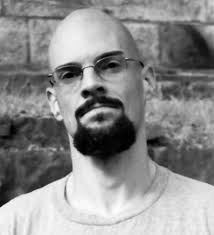
Lyle C. May

Lyle C. May
Lyle C. May is an Ohio State University and Adams State University alum, incarcerated journalist, and published author. Some of his work includes Witness, An Insider’s Narrative of the Carceral State (Haymarket Books 2024), The Transformative Journey of Higher Education in Prison: A Class of One (Rutledge Academic Press 2024), and “State of Delay: Are Out-dated Capital Post-Conviction Defense Tactics Undermining Effectiveness and the Attorney-Client Relationship?” Brooklyn Law School’s Journal of Law and Policy (2023). Lyle is a frequent guest speaker at universities, academic conferences, high schools, online forums, and other public venues nationwide. To view more of his work, book him for future events, or contact him, visit LyleCMay.com.
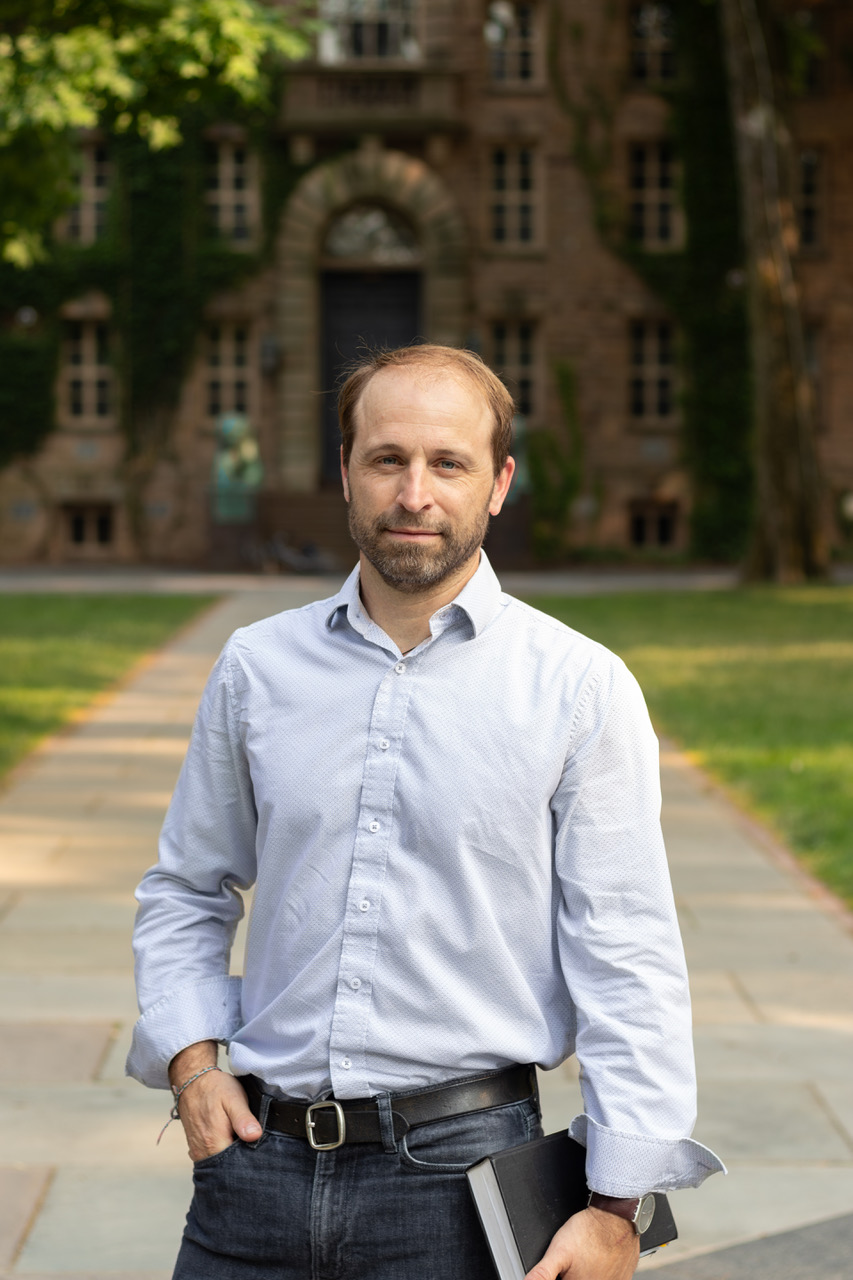
Mark J. Edwards

Mark J. Edwards
Mark James Edwards (MDiv and PhD, Princeton Seminary) is a Lecturer in Ethics at The College of New Jersey and a Lecturer in Religion at Princeton University. He has taught inside Garden State Correctional Facility for Princeton Theological Seminary, Nassau Presbyterian Church, and Princeton University. His current work aims to examine the resources of systematic theology and philosophy of religion, especially those great works written by imprisoned authors, on the problems of global incarceration. Mark is the author of Christ Is Time: The Gospel according to Karl Barth (and the Red Hot Chili Peppers). When not in the books, with boot, bike, or belay, he gravitates towards the trails and peaks of whatever wilderness he and his family can find. They live just next door, in Kingston.

Sarah Jobe

Sarah Jobe
The Rev. Dr. Sarah Jobe is the Co-Director of Prison Studies at Duke Divinity School, where she served as the Founding Director of Project TURN, Duke’s in-prison education program. Sarah has 15 years of experience as a prison educator and prison chaplain, and her academic work at the intersection of theology and carceral studies can be found in Sojourners, Christian Century, The Journal of Reformed Theology, Political Theology, Religions, and The Journal of Theological Studies. Her book No Godforsaken Place: Prison Chaplaincy, Karl Barth, and Practicing Life in Prison will be released in September 2025 in the T&T Clark Studies in Social Ethics, Ethnography, and Theologies series.

Tessie Castillo

Tessie Castillo
Tessie Castillo is the co-author and editor of Inside: Voices from Death Row and Crimson Letter: Voices from Death Row, which she co-wrote with four men incarcerated on North Carolina’s Death Row. She is an advocate for the rights of incarcerated people and a frequent public speaker at universities, faith groups, community organizations, and podcasts. She lives in Durham, North Carolina.
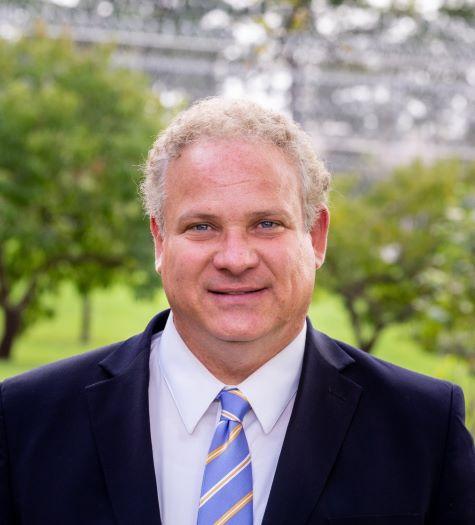
Todd Cioffi

Todd Cioffi
Todd Cioffi is associate professor in the Ministry Leadership Department at Calvin University and Senior Advisor for the Calvin Prison Initiative. He received a B.A. from Hope College, and a M.Div. and Ph.D. from Princeton Theological Seminary. He is an ordained minister of word and sacrament in the PC(USA).
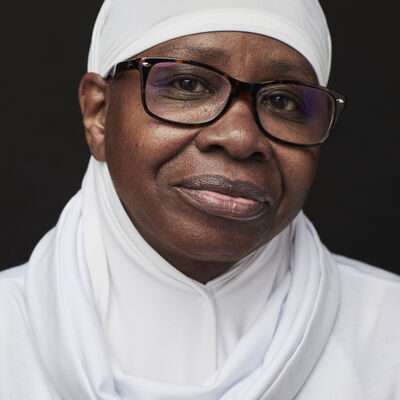
Anisah Sabur

Anisah Sabur
Anisah is a directly impacted woman of color, who has held serval leadership roles in coalitions and campaigns to dismantle the criminal legal system in New York State. She currently holds a position as Founder and CEO of AAS Empowerment LLC, she leads directly impacted women in organizing and empowers them to use their voice in advocacy. Anisah is currently the National Coordinator for the Unlock the Box Campaign, where she provides technical assistance to 23 states working to end solitary confinement in state and federal facilities. She is also volunteering to manage and organize the National Council for Incarcerated and Formerly Incarcerated Women & Girls.
Anisah formerly coordinated several campaigns and coalitions across New York City and the State, just to name a few: Campaigns Against Isolated Confinement (CAIC) People’s Campaign for Parole Justice (PCPJ) Coalition for Women Prisoners (CWP) Campaign to Move to End Violence against Women (MEV)
Anisah formerly Coordinated for the Coalition of Women Prisoners at STEPS to End Family Violence’s Centering Survivor’s Advocacy Project. In her role, she built the coalition’s capacity throughout communities impacted by violence and the legal system and supported impacted women & girls in leadership roles, with legislative advocacy. Passing the DVSJA in 2019.
Before joining STEPS, Anisah held the position of Project Associate for the Correctional
Association’s (CANY) Women in Prison Project, a position she has held since 2014. As Project Associate, Anisah engaged in prison monitoring and policy advocacy, worked on legislative campaigns, coordinated the Coalition for Women Prisoners, and conducted community outreach and public education activities. Anisah is a long-standing member of the Coalition for Women
Prisoners and the former co-chair of the Coalition’s Re-Entry and Conditions of Confinement Committee.
Before joining the CANY, Anisah worked at the Center for Court Innovation’s Harlem Community Justice Center as a Case Manager. She also held the position of Parole Reentry Court Family Engagement Coordinator. She has an Associate Degree in Liberal Arts from LaGuardia Community College and plans to continue her education in public policy.
Anisah is currently a member of the National Council for Incarcerated and Formerly Incarcerated Women and Girls; working in collaboration with other formerly incarcerated professional women and girls to challenge the criminal legal system to treat women more humanely by not using incarceration as the answer to our social and economic injustices faced in our communities.
Anisah has spent eight years as a lead organizer in the HALT-Solitary Campaign, until getting the legislation passed, in 2020 and continues to work in coalition on criminal justice reform and conditions to support incarcerated women and girls.
Anisah sat on the Advisory Committees for the Novo’s Foundation Women’s Building from 2016-2020. The Women’s Building is an old women’s prison that was being transformed into the Women’s Building of resources and safe spaces for women and girls.
Anisah sat on the New York Women’s Foundation Justice Advisory Committee, from 2019 -2023 as the Justice Fund Advisory member which helped to fund organizations that work on systemic change in NYC surrounding the campaign to close the women’s jail at Rikers Island.
Anisah also sits on the North Star Fund’s Community Funding Committee, where she reviews grant applications for the funders. As a member of all the foundation’s advisory committees, Anisah uses her lived experience and her experience working on criminal justice reform to help shape what could become the repurposing of prisons and jails for women and girls along with funding for the organization in NYC and NYS.
Anisah is also an alumnus of the Move to End Violence’s fourth cohort and has been engaging with movement makers from across the globe to end violence against women and girls. In 2020 Anisah joined the Survivors Justice Project, which tracks and supports individuals with the opportunity to use the Domestic Violence Survivors Justice Act Law, which she led the advocacy for the new law.
In 2022 Anisah was invited to advise a group of music executives; The Universal Music Group Task Force seeks guidance and direction from individuals close to the solutions of the problem. Staying focused on communities of color that are impacted by lack of access to healthcare, housing, mental treatment, and justice.
Outside of her activism, Anisah holds a Board of Director position with Tools & Tiara- a nonprofit organization teaching young women & girls the construction trade, empowerment, and self-sufficiency through trades work.
Anisah founded the AAS Empowerment LLC which is her own LLC where she engages individuals, organizations & campaigns on power building and social justice reforms & activism.
She is an Activist, Advocate, and an Abolitionist.
Concurrent Speakers

John Hardie

John Hardie
John Hardie served for twenty-five years as a campus minister and pastor. Along the way he did the S.T.M. at Yale and Ph.D. at Princeton Theological Seminary. For the past seven years he’s taught English literature and coached football back at his high school south of Atlanta. in 2021 John created Praxis, a 501(c)3 nonprofit to help love on young people he serves.
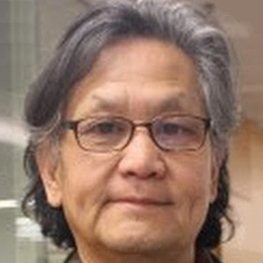
Samuel Lee

Samuel Lee
Samuel Lee is a founding member and certified counselor with the Association of Certified Biblical Counselors (ACBC), currently serving at Love Bible Counseling. He holds a Ph.D. in Chemistry and an MBA from Purdue University, along with a Master of Divinity from Faith Bible Seminary. Samuel brings a unique combination of academic background and theological training to his counseling ministry. He and his wife, Grace, have three adult sons and are eagerly looking forward to becoming grandparents in the near future. When not counseling, Samuel enjoys chess, reading, and traveling with his wife.
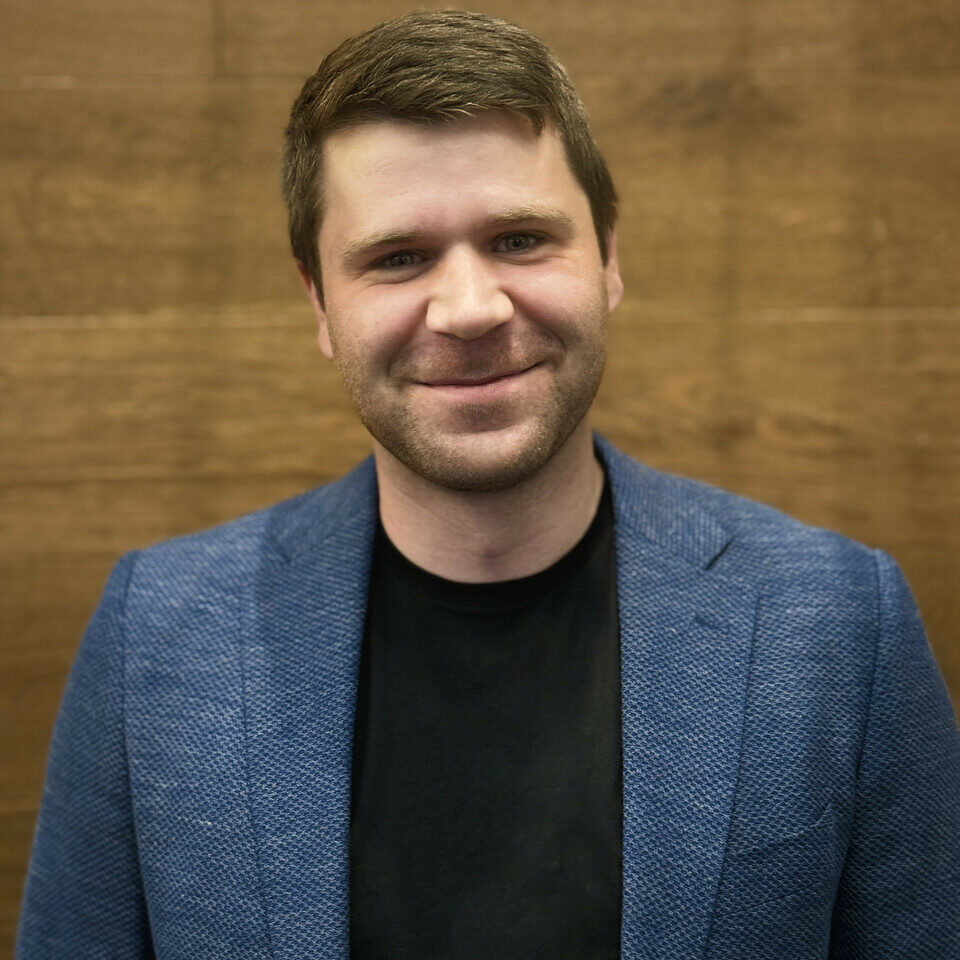
Stephen D. Morrison

Stephen D. Morrison
Stephen D. Morrison is a PhD student at the University of Aberdeen studying Karl Barth’s theology of resistance. He is the author of several books, including “Karl Barth in Plain English” and “All Riches Come From Injustice.” His work in print and online focuses on making modern theology accessible. He currently lives in Columbus, Ohio.
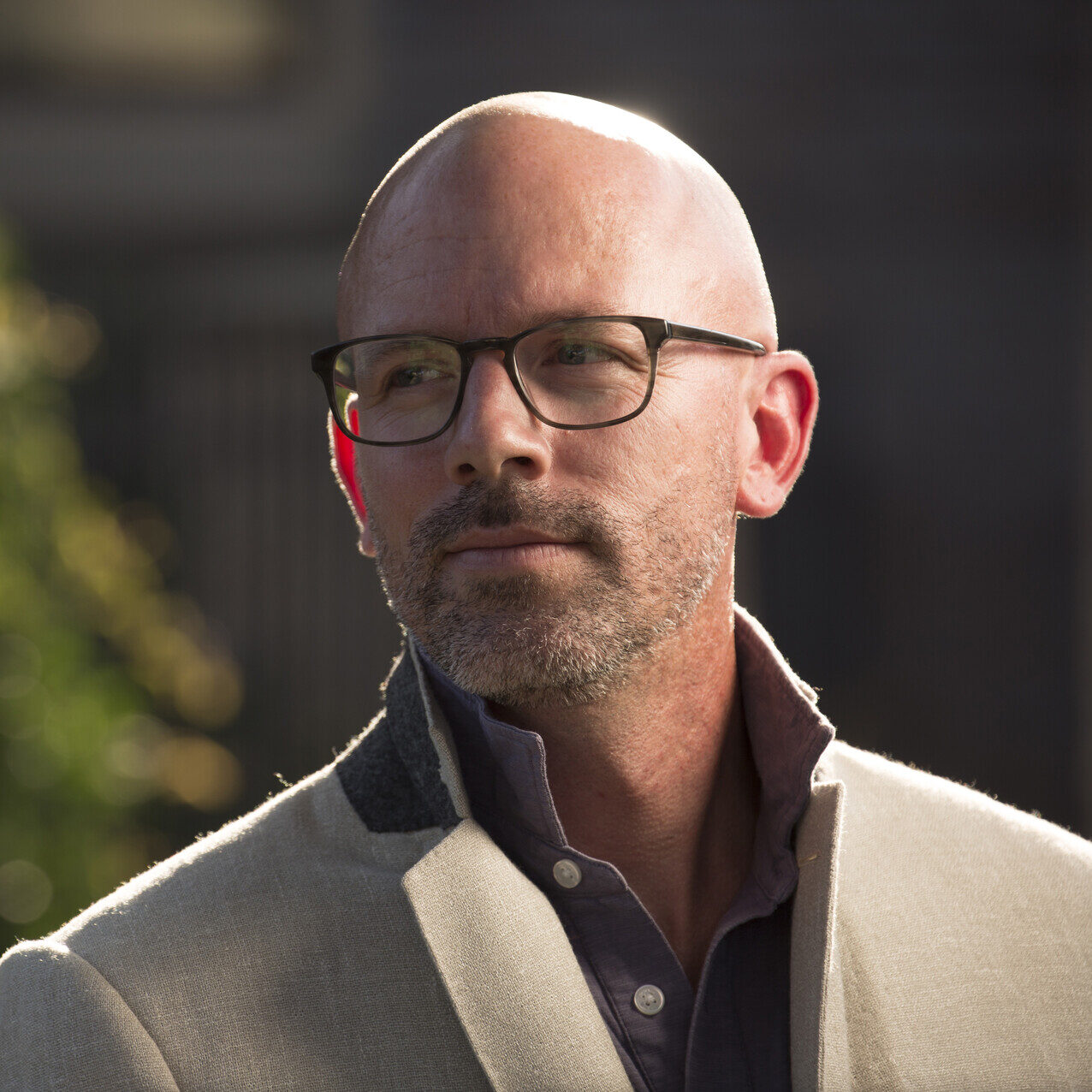
Jason Sexton

Jason Sexton
Jason Sexton is a formerly-incarcerated theologian, social theorist, and cultural historian currently based in UCLA’s Institute of the Environment and Sustainability and UCLA’s Sociology Department. He serves as co-PI with Stephanie Pincetl of the Luce-funded project, “Mapping the Conversation on Faith, Flourishing, and the Environment,” and his recent book is Redemptive Dreams: Engaging Kevin Starr’s California (Routledge, 2024). With research interests in theology, carcerality, and the environment, he studies internal structural commitments of communities and their members and how these relate to assumed cultural and theological norms that show up in social and ethical action. He is currently working to complete a book tentatively titled, The Irredeemable: Religion, Eugenics, and the Prison, uncovering the linkage between eugenic perspectives and today’s carceral logics that persist not only in U.S. penal policy, government practices, and religion/theology, but also in the computational and biological sciences with relevance for future conversations pertaining to religion, carcerality, and the environment.

Rebekah Schultz

Rebekah Schultz
Rebekah Schultz is a Ph.D. student in Religious Studies at the University of Virginia. She has a B.A. in both Theology and Studio Art and an M.T.S. from Duke Divinity School with a certificate in Theology and the Arts. Rebekah loves exploring how art functions as prayer for both artists and audiences, creating space for communal reflection, lament, and hope. Her research focuses on theology and aesthetics and she is particularly interested in protest art made during the COVID pandemic.

Phoebe Jane Miller

Phoebe Jane Miller
Phoebe Jane Miller has a BA in Theology and Philosophy from St. John’s University and is currently pursuing her MAR at Yale Divinity School. Her research interests are in systematic theology with a concentration on Eschatology, particularly theories of apokatastasis. Karl Barth is one of Phoebe’s favorite modern theologians and his work has been foundational in her understanding of how to do theology. In her future work, Phoebe plans to explore the relationship between eschatology and ethics, specifically how our understanding of the scope of salvation impacts how we treat others in the world. Too often the binary of heaven/ hell has been used to justify in-groups and out-groups, placing limits on God’s love and thus limiting the love Christians are required to hold for their neighbors.

Hank Spaulding

Hank Spaulding
Dr. Hank Spaulding serves as the Editorial Manager at the Center for Barth Studies at Princeton Theological Seminary and as an Instructor of Religion at Ohio Wesleyan University. He is the author of The Just and Loving Gaze of God with Us and Iconoclastic Sex, both published with Cascade Books. His work engages theology and ethics with particular attention to the lived experience of faith in contemporary contexts.
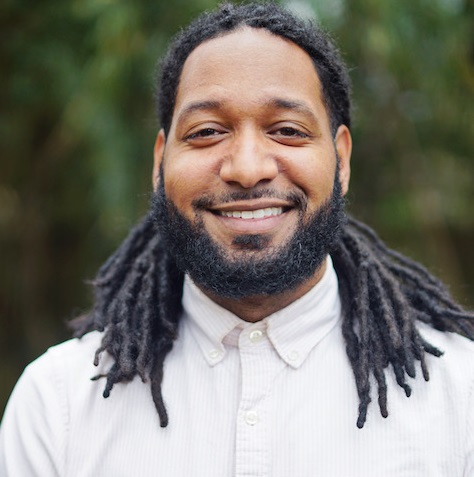
Claude Atcho

Claude Atcho
Claude Atcho is the vicar of Church of the Resurrection (Charlottesville, VA) and a doctoral student in New Testament at Trinity College Bristol. He is also the author of Reading Black Books: How African-American Literature Can Make our Faith More Whole and Just.
Count: Stories from America’s Death Row
In partnership with Chesney Snow (lecturer in the Princeton University Theater department), the Center for Barth Studies is hosting a play at McCarter Theater on June 17, 2025, at 3:00 and 7:00 PM called “Count: Stories from America’s Death Row.“
This play will be available and open to the entire Princeton community. Click here to view the webpage detailing the play created by Hidden Voices.
Directions
By Air
From Newark Liberty International Airport The Olympic Airporter shuttle service takes you to the Nassau Inn in Princeton; call for schedule and reservations: 800.822.9797 (within the United States) or 732.938.6666 (outside the United States), or visit www.olympicairporter.com. The AirTrain takes you from all airport terminals to the Newark Liberty International Airport Train Station. Take New Jersey Transit southbound (Northeast Corridor Line) trains to Princeton Junction. From Princeton Junction take the train to Princeton Station. From Philadelphia International Airport Take the R1 High Speed Rail Line (entrance on pedestrian bridges and commercial roadway), limousine service (The Olympic Airporter; call for reservations: 800.822.9797 within the United States or 732.938.6666 outside the United States, or visit www.olympicairporter.com), or local taxi service to 30th Street Station in Philadelphia, where you can purchase a SEPTA/New Jersey Transit ticket to take a SEPTA train to Trenton and a New Jersey Transit train to Princeton Junction. From Princeton Junction take the train to Princeton Station.
By Bus
From Port Authority Bus Terminal in New York City (41st Street and 8th Avenue) Purchase a Suburban Transit bus ticket to Princeton at windows 16 through 19 on the first floor. Board the bus on the third floor (fourth level) at gates 420 through 422. The bus leaves every half hour between 6:00 a.m. and 11:00 p.m. on weekdays and between 9:00 a.m. and 11:00 p.m. on weekends, and every half hour on the hour until 1:00 a.m. The trip is one and one-half hours. Ask the driver to let you off at the end of Nassau Street where it meets Mercer Street and Route 206 in Princeton, and walk to the Seminary.
By Train
From New York City (and north) and Philadelphia (and south) New Jersey Transit services Princeton from the north (New York City, Newark), with connecting service from the south (Trenton, Philadelphia, Baltimore, Washington DC). Amtrak trains stop in Trenton, and some at Princeton Junction.
By Car
From the North/New York City Take the New Jersey Turnpike South to Exit 9 (New Brunswick). After the toll booths, bear right onto the ramp for Route 18 North. Shortly after getting onto Route 18 North the road will fork; stay to the left of the fork, in the right lane. Bear right onto this exit for Route 1 South/Trenton. Follow Route 1 South to Alexander Road (Princeton). Turn right onto Alexander Road and continue to the entrance of Princeton Seminary, which is the first left turn after College Road (Alexander Road will be Alexander Street at this point). From the West Take I-78 East into New Jersey. Exit onto I-287 South toward Somerville. Follow signs for Routes 202/206 South. Travel south on 202 for a short distance and then follow signs for Route 206 South. You will go around a traffic circle. Continue south on Route 206 for about eighteen miles to Nassau Street (Route 27) in the center of Princeton. Turn left onto Nassau Street and the first right onto Mercer Street and continue to the main entrance of Princeton Seminary, which will be on your left. From the South From southern New Jersey take I-295 North (becomes I-95 South) to the “Princeton Pike North” exit and continue on Princeton Pike for approximately five miles. Immediately after passing Library Place (on the left), the main entrance to the campus will be on your right. From the East Take I-95 West toward Trenton to the exit for I-295 North (becomes I-95 South) to the “Princeton Pike North” exit and continue on Princeton Pike for approximately five miles. Immediately after passing Library Place (on the left), the main entrance to the campus will be on your right. From Philadelphia Take I-95 North into New Jersey and exit at “Princeton Pike North” and continue on Princeton Pike for approximately five miles. Immediately after passing Library Place (on the left), the main entrance to the campus will be on your right.
Lodging
Lodging is available on-campus at the Erdman Center. To reserve lodging, please contact the Erdman Center at 609-497-7990 or email them at hospitalityandevents@ptsem.edu. Rooms are $75-$125 per night.
Other Lodging Options
Nassau Inn
10 Palmer Square
Princeton, NJ 08540
609.921.7500
Within walking distance to the Seminary campus
Hyatt Regency Princeton
102 Carnegie Center
Princeton, NJ 08540
609.987.1234
Approx. 2.5 miles from the Seminary campus
Chauncey Hotel & Conference Center
660 Rosedale Road
Princeton, NJ 08541
609.921.3600
Approx. 3 miles from the Seminary campus
Courtyard By Marriott Princeton
3815 US Route 1
Princeton, NJ 08540
609.716.9100
Approx. 3.5 miles from the Seminary campus

